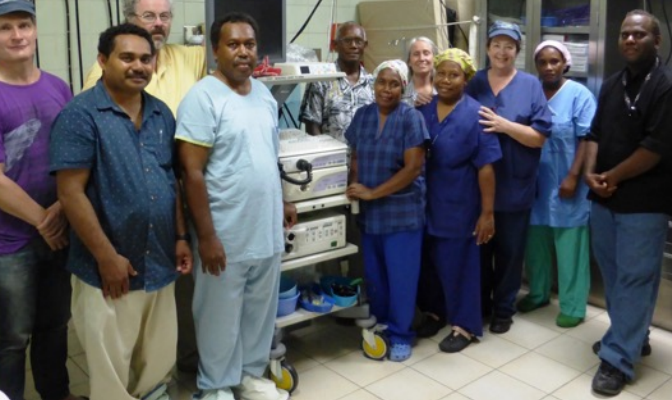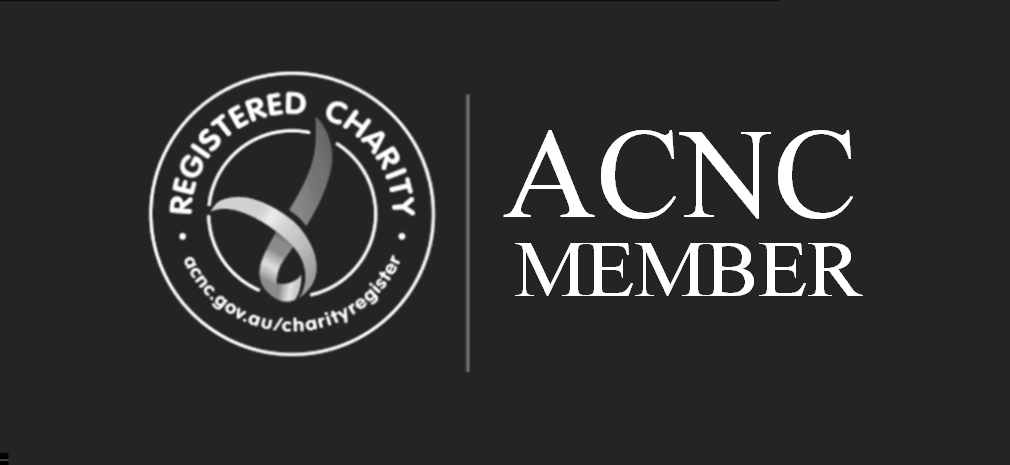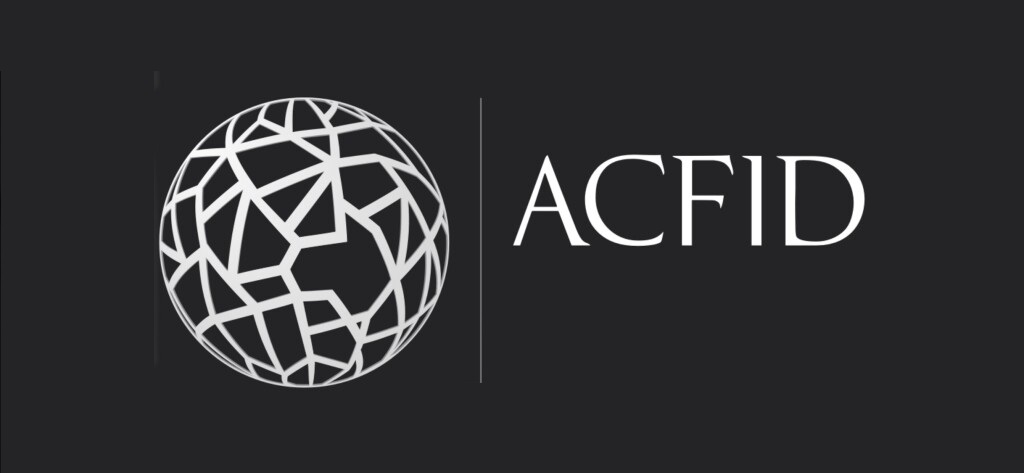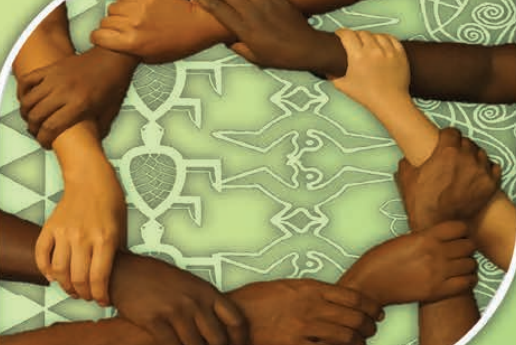
This strategic plan is a sign post on our road to health. It is an opportunity, after considering what went well in the past and what did not, to refresh our vision and reset our direction for the next fi ve years. Reflecting on past performance, the MHMS faces a big challenge. We have shown improvement in areas such as malaria control and reducing neonatal deaths, but have plateaued in others. Overall we need to improve the quality of our service delivery.
The four Key Result Areas (KRAs) spell out the priorities that we must address; improved program coverage, partnerships, quality, and building a foundation for the future. These priorities apply to the whole organisation, not just one part or program. Take immunisation coverage as an example. Getting full coverage of the population must come first. Never again should we allow our children to be exposed to a widespread measles epidemic. The plan identifies other areas where we want to improve coverage, access and reach of services. This is what Universal Health Coverage (UHC) is really about.
To be effective at improving health we cannot continue to work in isolation, as health is generated by both our work and the impact we make with our partners. The plan will challenge us to work in a coordinated way with partners such as the churches, and with other line ministries in our work across sectors.
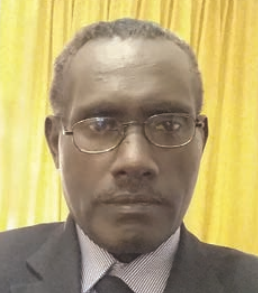
Permanent Secretary for Health Dr Tenneth Dalipanda
Improving the quality of services is a key result area that also has relevance to every part of the MHMS. Not only in clinics, in hospitals and in public health programmes but also in internal financing and programming. In preparing for the future, both the skills and the positioning of our workforce feature in the plan. Improving access is directly related to making sure a well trained and appropriately skilled workforce is available and accessible to meet the health needs of our rural and urban populations. The Sustainable Development Goals (SDG) are now on the global agenda and also feature in this plan.
The SDGs cover the social determinants, so to achieve them working in partnership is essential, since we are serving the same populations. To meet these strategic challenges, the MHMS is re-organising itself to become more streamlined, more effective and to make each dollar go further. Provinces will have greater sway at the executive table and we will be working to complete the role delineation policy, as it will help drive this strategic plan. We face a challenging financial environment.
Aid flows are fluctuating and hard to predict; whilst in some areas we have not fully spent the available resources. The government’s commitment to financing the health sector has been steadily growing. Our challenge is to use it effectively and efficiently in the service of the people. This plan outlines our approach on the road to health for our nation. I invite all our stakeholders to use it to guide their activities in the health sector through to 2020. This plan is the beginning of the journey. What we do, individually and collectively, over the next five years will make the difference to the health of our people.
strategic-plan-for-solomon-islands-2016-2020

